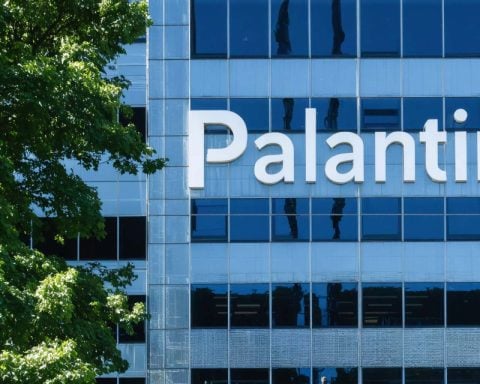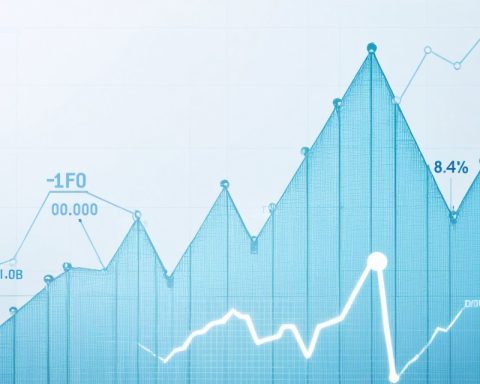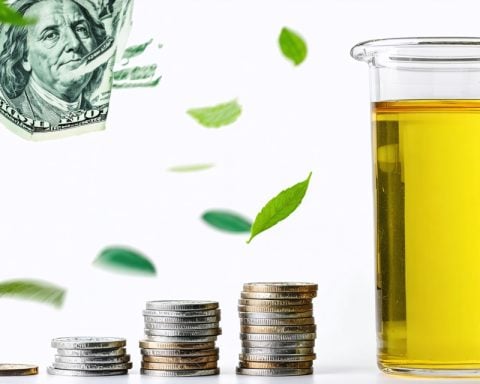JR Shikoku is making waves in aquaculture. The company announced its entry into the world of land-based salmon farming, marking a significant step forward for the industry in Shikoku. As part of their initial venture, a new breeding facility is set to be established in Saijo City.
Harnessing pristine natural resources, the company plans to utilize underground water sourced from the Ishizuchi mountain range for their salmon cultivation. This choice is expected to enhance the local appeal and quality of the fish. The vision is to position these salmon as a unique regional product, promising consumers a taste of “local salmon.”
The collaboration between JR Shikoku, the Iyochi branch of the local fisheries cooperative, and Saijo City is well underway, with preparations for the facility development in progress. The trio aims to ensure that operations are running smoothly leading up to the first anticipated harvest, which is projected for 2026.
This innovative approach to salmon farming not only aims to bolster local agriculture but also underscores a growing trend towards sustainable aquaculture practices. The initiative brings hope for economic growth in the region and aims to provide fresh, high-quality salmon to consumers while emphasizing ecological responsibility. As they prepare to launch this exciting project, all eyes will be on JR Shikoku to see how they shape the future of aquaculture in Japan.
Revolutionizing Aquaculture: A Sustainable Future
The entry of JR Shikoku into land-based salmon farming represents a pivotal shift in aquaculture, potentially reshaping not just local economies but also broader cultural attitudes toward sustainability in food production. As consumers grow increasingly concerned about the environmental and ethical implications of their food choices, initiatives like this position local products as viable alternatives to mass-produced seafood, which can often carry significant ecological costs.
This endeavor isn’t merely about boosting local employment or improving the economy of Shikoku; it is a reflection of the transformative power of sustainable practices in the global food system. By utilizing underground water from the Ishizuchi mountain range, JR Shikoku can minimize reliance on wild fish stocks, alleviating pressure on overfished populations and reducing the carbon footprint associated with transport.
Furthermore, this initiative aligns with global trends emphasizing the value of ‘locally sourced’ products. As the culinary scene embraces regional flavors, the branding of Saijo’s salmon could participate in broader cultural narratives that prioritize freshness and locality over mass commercialism.
Looking ahead, the success of this venture could set a precedent for similar projects worldwide, suggesting that dedicated efforts toward sustainable aquaculture could play a crucial role in addressing food security. With the first harvest projected in 2026, the implications of JR Shikoku’s innovative farming practices may be far-reaching, influencing not only local markets but also potentially redefining global standards in fish farming.
JR Shikoku’s Groundbreaking Venture into Sustainable Salmon Farming
Introduction to JR Shikoku’s Salmon Farming Initiative
JR Shikoku is entering a transformative phase in aquaculture with its ambitious venture into land-based salmon farming. By introducing a new breeding facility in Saijo City, the company not only aims to enhance local agricultural practices but also to set a benchmark in sustainable fish farming in Japan.
Unique Features of the Aquaculture Project
One of the standout features of this initiative is the utilization of underground water sourced from the pristine Ishizuchi mountain range. This water is expected to significantly improve the quality of the salmon, creating a distinct identity for the fish as a “local salmon” specialty. Moreover, the reliance on natural resources emphasizes JR Shikoku’s commitment to sustainability and high-quality production.
Collaborations and Community Engagement
This project is a collaborative effort involving JR Shikoku, the Iyochi branch of the local fisheries cooperative, and the local government of Saijo City. Their joint initiative seeks to ensure smooth operations from the onset, with the first harvest anticipated in 2026. Such partnerships not only foster economic growth but also build a sense of community around the project, connecting local farmers and consumers through shared goals.
Sustainable Practices and Economic Impact
JR Shikoku’s approach to aquaculture underscores a broader trend towards sustainability in the fishing industry. By focusing on environmentally responsible methods, the company aims to minimize ecological impact while maximizing economic gain. This initiative holds potential benefits for local economies, providing job opportunities and promoting regional foods.
How Does the Process Work?
1. Sourcing: Underground water from the Ishizuchi mountain range is tapped to create an optimal environment for salmon.
2. Breeding Facility: The construction of the facility in Saijo City will incorporate advanced aquaculture technologies.
3. Harvest Timeline: The first salmon harvest is projected for 2026, marking the culmination of years of planning, development, and community collaboration.
Pros and Cons of the Initiative
Pros:
– Sustainability: Utilizes natural resources for a minimal environmental footprint.
– Quality: Promises high-quality, locally-sourced salmon.
– Economic Growth: Creates job opportunities and promotes local agriculture.
Cons:
– Initial Costs: Establishing a breeding facility requires significant investment.
– Market Uncertainty: New ventures in aquaculture may face regulatory and market challenges.
Future Trends in Aquaculture
JR Shikoku’s initiative is indicative of a larger trend towards sustainable and innovative aquaculture practices globally. As consumer demand for responsibly sourced seafood increases, projects like this may spearhead a movement in Japan towards similar sustainable fisheries and local food systems.
Conclusion
As JR Shikoku forges ahead with its land-based salmon farming project, it will be essential to monitor its progress and outcomes. The company’s commitment to ethical practices and community engagement sets a precedent for future endeavors in the aquaculture sector, potentially shaping the landscape of sustainable seafood in Japan.
For more insights on trends in sustainable agriculture, visit JR Shikoku’s official website.



















